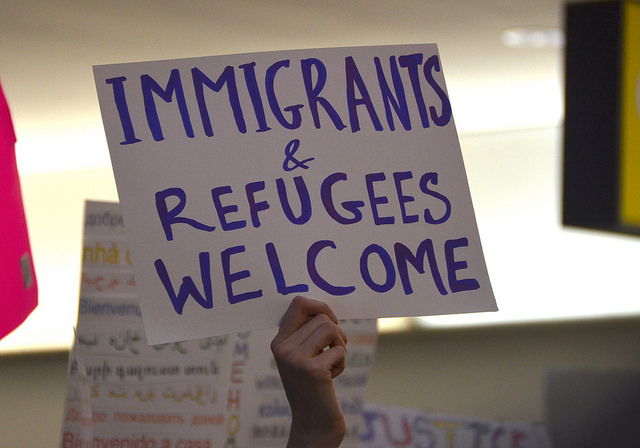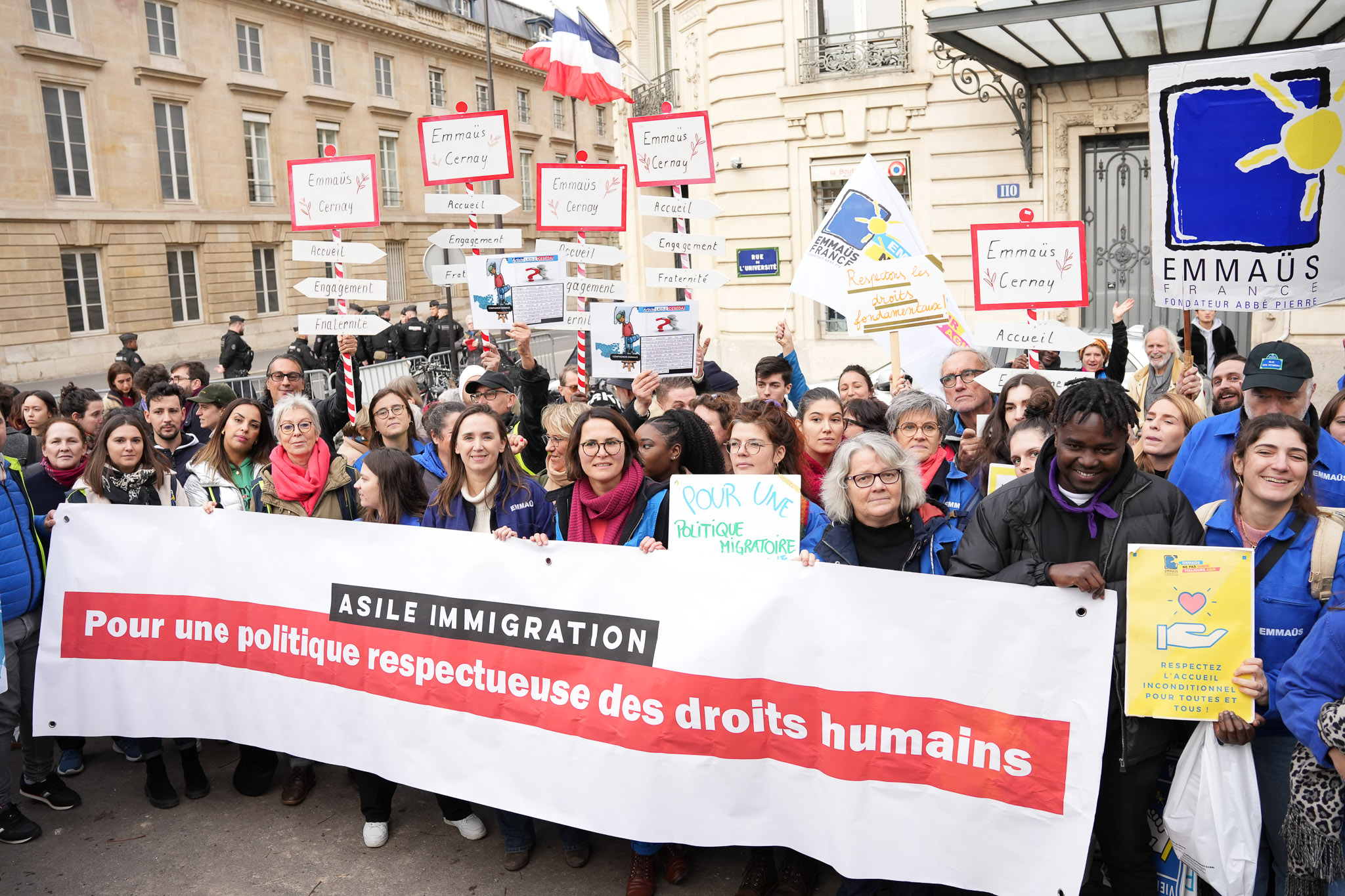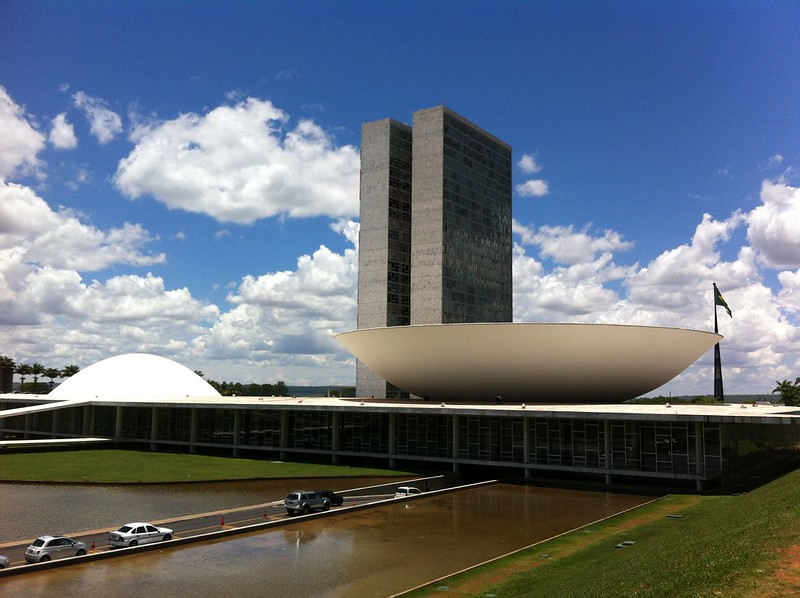Faced with governments powerless to promote an alternative migratory policy, we must act

For this World Refugee Day, in the face of states and governments failing to do their duty when it comes to hospitality and humanity, Emmaus International promotes the importance of unconditionally accepting migrants into our societies.
For many years now, Emmaus International has been calling for alternative governance of migration. Within the Emmaus movement, migration is not thought of as a failure, a cost or an election issue, but as a fundamental right: all citizens have the right to freedom of movement, as highlighted by the Article 13 campaign, which organises various rallies and activities in favour of freedom of movement.
In other words, it is our responsibility to become involved in creating an alternative migratory policy, not leaving it up to states alone, but involving social stakeholders and associations, representatives from local authorities, as well as the migrants themselves. This is the working approach adopted by Etats Généraux des Migrations, a network of national and local collectives and associations in France, working alongside foreign nationals, of which Emmaus International is a part.
States alone are unable to shoulder the responsibility of accepting and including migrants in society, as was dramatically highlighted by recent events in the news.
The Aquarius: a crisis of solidarity
On Monday 18 June, the Aquarius, a boat chartered by the NGO SOS Méditerranée was finally given safe harbour in Valencia after having saved 629 migrants coming from Libya on 10 June. For eight long days, the Aquarius was forced to sail around in circles, further increasing the precarious situation of those on board, while European governments chose to close their doors and push any responsibility for accepting these migrants onto their neighbours.
Located between the islands of Malta and Sicily at the time of the rescue, the Aquarius was met with a categorical ‘no’ from both Rome and Valetta, even though under maritime law these countries are obliged to cooperate, a fact noted by the International Organization for Migration (IOM).
Rather than cooperate, Matteo Salvini, Italy’s new Minister of the Interior from the far-right Northern League party, boasted of having blocked the docking of the Aquarius, which he referred to as a “taxi service”. Valetta, on the other hand, immediately stated that Malta was in no way concerned, having refused to adhere to the amendments to the law on Maritime Search and Rescue, according Malta the dubious honour of being the only state in the world to have refused these amendments, a fact ironically highlighted by four European legal experts in an opinion piece in Le Monde on 17 June.
© Gustave Deghilage
Looking beyond questions of legality, the Aquarius crisis confronts us with very human issues. The incontrovertible fact of the matter is that in the face of the distress of 629 people, European leaders (with the exception of the new Spanish government under socialist Pedro Sanchez) preferred squabble among themselves, create diplomatic imbroglios, or hide behind a polite silence rather that acting in a dignified and effective manner.
Macron’s government, wilfully ignoring the Corsican proposal of opening up their ports, decided to publicly criticise “the cynicism and lack of responsibility” shown by the Italian government. When interviewed on France Culture, however, Sophie Rahal, the spokesperson of SOS Méditerranée, pointed out that Italy has in fact accepted 700 000 migrants in five years.
Migrant acceptance in France is quite a different picture. The European Commission’s programme for relocating asylum seekers in 2015 divided the asylum requests from 100 000 migrants between different EU member states. Wanting to lead by example, France committed to examining the requests of 7 115 migrants coming from Italy. In actual fact, however, France has only accepted 635 migrants, just 9% of that quota, according to the latest figures from the European Commission (May 2018).
France is therefore one of the states that has done least to respect this shared commitment to relocating migrants coming from Italy. Germany, on the other hand, has fulfilled 52% of its quota, with the Netherlands and Belgium fulfilling 48% and 33% respectively.
A disregard for international solidarity
Since being elected, the French president has implemented an extremely restrictive policy with regard to accepting migrants, deaf to the alarm bells being rung by civil society organisations.
There has been a clear step backwards, with restrictive mechanisms having been put in place as illustrated by the draft Collomb law, which tightens the deadline for making a request for asylum or launching an appeal, simplifies deportation for rejected applicants, and imposes systematic bans on free movement or presence on French soil through increased detention.
This arsenal of restrictive measures deployed under the Macron government is unprecedented, and looks dangerously like a policy of expulsion rather than one of acceptance and inclusion. Emmaus International strongly opposes the position taken by the French government, which goes against solidarity and the value of universal acceptance that has been promoted by the movement ever since its creation.
Serious questions have to be asked about European governments’ ability to think of migration in terms other than ‘crisis’, and to come up with shared, long-term solutions. These cynical agreements, such as the Dublin regulations of the Collomb law, which strip migrants of their dignity and fail to respect their fundamental rights, must not continue.
Where financial and diplomatic logic is currently being applied, notions of international solidarity and respect for human rights should come to the fore. Unconditional and dignified acceptance is a fundamental value which lies at the heart of the Emmaus identity, along with the establishment of universal citizenship.
On this World Refugee Day, we would like to remind everyone that the struggle for these values needs to be waged on a daily basis to promote citizen solidarity above all else, especially in our current climate of migratory policies which are in crisis, and states failing in their duty to provide a dignified welcome.


